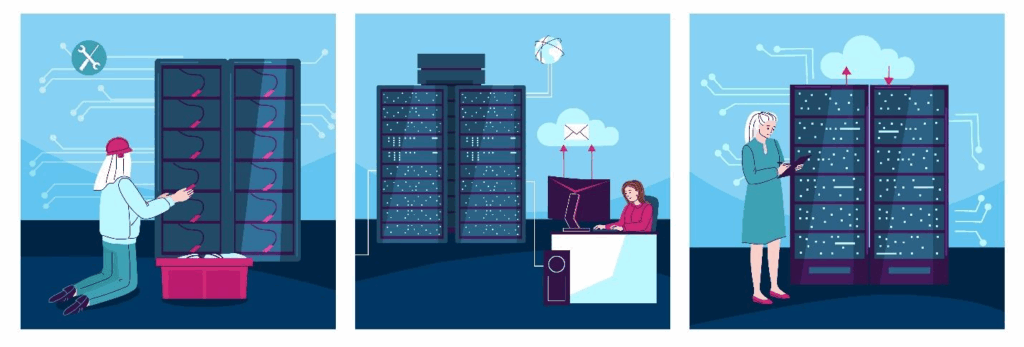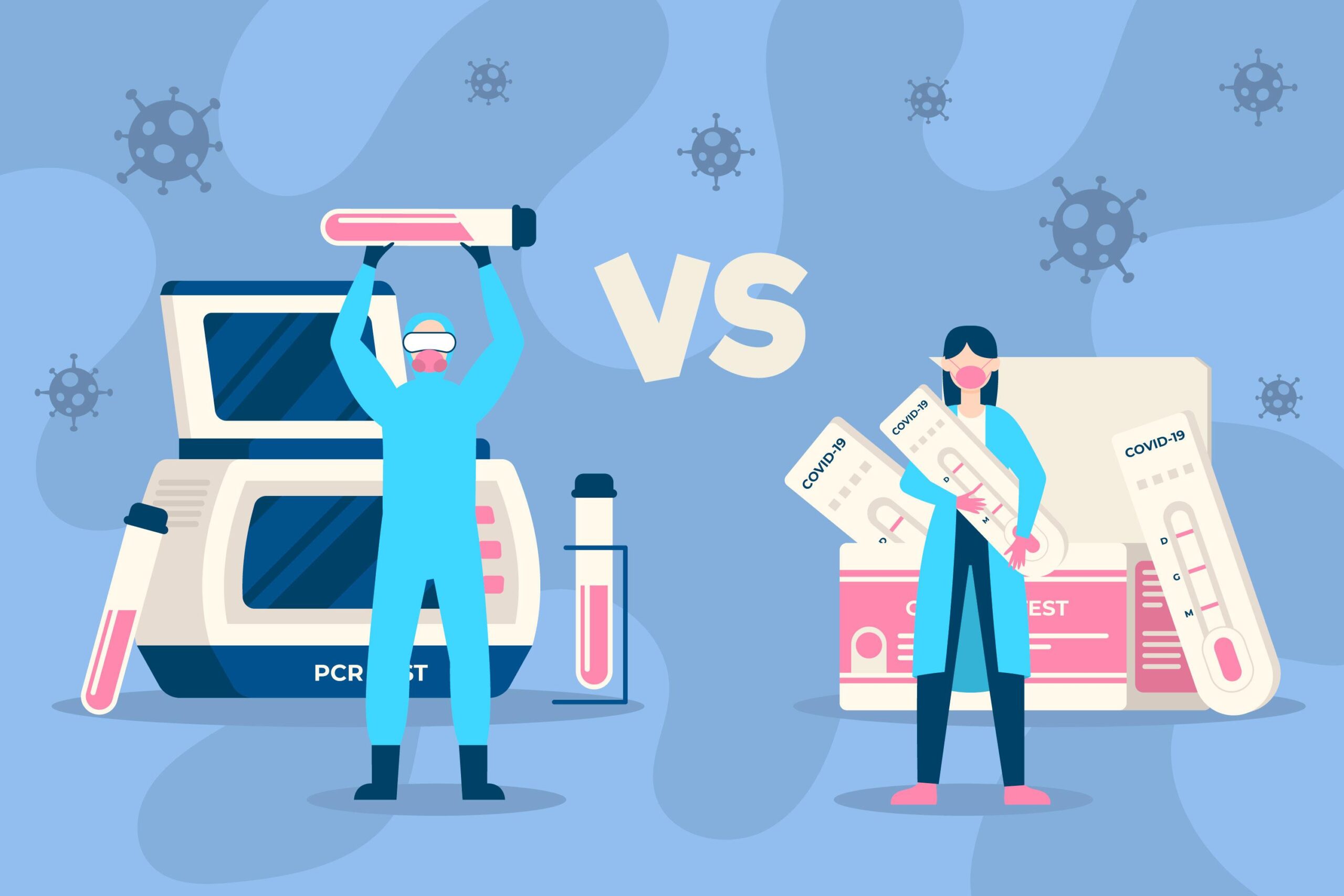Cloud technology has transformed the way businesses operate, enabling scalability, cost efficiency, and global accessibility. But with these benefits comes a growing responsibility: safeguarding your company’s sensitive data and systems. That’s where cloud enterprise security providers come in. These specialized partners help organizations secure their cloud environments against threats ranging from data breaches to compliance failures.
In this guide, we’ll break down what cloud security is, the different types of providers, who is responsible for keeping your cloud safe, and how Tambena Consulting can help protect your business in an increasingly digital world.
What Is Cloud Security?
Cloud security refers to the policies, technologies, applications, and controls used to protect cloud data warehouses, applications, and infrastructure in cloud environments. The goal is to safeguard against unauthorized access, data leaks, service disruptions, and cyberattacks.
Key elements of cloud security include:
- Data Encryption: Protecting information in transit and at rest.
- Identity and Access Management (IAM): Ensuring only authorized users can access specific resources.
- Threat Detection and Response: Monitoring for suspicious activity and taking action quickly.
- Compliance Management: Meeting industry regulations such as HIPAA, GDPR, or ISO standards.
With cloud adoption accelerating, companies can no longer treat security as an afterthought. Partnering with enterprise cloud security providers ensures that these measures are built into your operations from day one.
Why Cloud Enterprise Security Providers Matter
Moving workloads to the cloud doesn’t eliminate security risks; it changes them. Traditional security models that work for on-premises infrastructure often fall short in the cloud’s dynamic, multi-tenant environment. That’s why businesses are turning to cloud enterprise security providers for specialized cloud consulting services.
What these providers offer:
- Continuous Monitoring: 24/7 oversight of your cloud environment.
- Custom Security Policies: Tailored configurations for your industry and risk profile.
- Automated Threat Response: AI-driven tools to block or mitigate attacks instantly.
- Compliance Support: Guidance for meeting regulatory obligations.
- Disaster Recovery Planning: Ensuring business continuity even after a breach.
By leveraging the capabilities of these providers, businesses can stay ahead of evolving threats without overburdening internal IT teams.
Types of Cloud Security Providers

Not all providers are created equal. Depending on your needs, you may work with one or more types of enterprise cloud security providers:
Infrastructure Security Providers
These focus on securing the foundational cloud services like networks, servers, and storage, through firewalls, intrusion detection, and encryption.
Application Security Providers
Specialists who protect cloud-hosted applications against vulnerabilities like SQL injection or cross-site scripting.
Data Security Providers
Experts in data classification, encryption, and loss prevention to safeguard sensitive information.
Compliance-Focused Providers
Partners who specialize in helping you meet specific industry standards, such as HIPAA for healthcare or PCI DSS for payment processing.
Managed Security Service Providers (MSSPs)
Full-service partners offering end-to-end cloud security, often combining monitoring, threat intelligence, and incident response.
Choosing the right mix depends on your cloud architecture, regulatory requirements, and internal capabilities.
Who Is Responsible for Cloud Security?
One of the biggest misconceptions about cloud adoption is that your provider handles all security. In reality, cloud security follows a shared responsibility model.
- Cloud Service Provider’s Responsibility: Securing the underlying infrastructure (physical servers, networking, storage).
- Your Responsibility: Securing your data, applications, and user access.
For example, if you use a platform like AWS or Azure, they’ll ensure their servers are physically secure and operating correctly, but you’re responsible for configuring access controls, encrypting sensitive data, and monitoring for unauthorized activity.
Working with cloud enterprise security providers bridges the gap between what your cloud service offers and what your business must protect on its own.
Common Cloud Security Challenges
While cloud platforms offer robust built-in security features, businesses often face challenges such as:
- Misconfigured Settings: A common cause of breaches when default configurations are left unchanged.
- Shadow IT: Employees using unauthorized apps or services in the cloud.
- Compliance Complexity: Meeting multiple overlapping regulations across jurisdictions.
- Insider Threats: Risk from employees or contractors with legitimate access.
- Rapid Threat Evolution: New attack vectors are emerging faster than many teams can respond.
A skilled enterprise cloud security provider can proactively address these issues, ensuring your defenses evolve alongside the threat landscape.
How Tambena Consulting Helps Protect Your Cloud
When it comes to securing cloud environments, technology is only half the equation; you also need expertise to implement and manage it effectively. Tambena Consulting offers professional IT services that complement the work of cloud enterprise security providers, ensuring you have a complete security strategy.
Here’s how Tambena Consulting can support your business:
- Cloud Security Assessment: An in-depth review of your current cloud architecture to identify risks and vulnerabilities.
- Provider Selection Assistance: Helping you choose the right enterprise cloud security providers for your needs.
- Configuration Optimization: Ensuring your cloud settings follow security best practices.
- Integration Services: Connecting your security tools for unified monitoring and faster response times.
- Ongoing Compliance Support: Assisting with audits and reporting to meet industry regulations.
By combining strategic guidance with technical execution, Tambena Consulting ensures your cloud security isn’t just reactive, it’s proactive.
Building a Resilient Cloud Security Strategy
The cloud offers incredible opportunities for growth and agility, but only if you can protect your assets. Cloud enterprise security providers play a crucial role in managing threats, ensuring compliance, and maintaining business continuity. However, the most effective strategies combine these providers with expert guidance from IT consultants like Tambena Consulting.
By taking a proactive, layered approach to security, covering infrastructure, applications, data, and compliance, you can confidently operate in the cloud without compromising your business’s safety.
Ready to strengthen your cloud defenses?
Partner with Tambena Consulting today and turn cloud security into a competitive advantage.
FAQs
1. What is cloud security?
Cloud security is the set of tools, policies, and practices used to protect data, applications, and infrastructure in cloud environments. It includes encryption, access control, threat detection, and compliance measures.
2. What are the types of cloud security providers?
They include infrastructure security providers, application security providers, data security providers, compliance-focused providers, and managed security service providers (MSSPs).
3. Who is responsible for cloud security?
Responsibility is shared. Your cloud service provider secures the infrastructure, while you must secure your data, applications, and user access.






